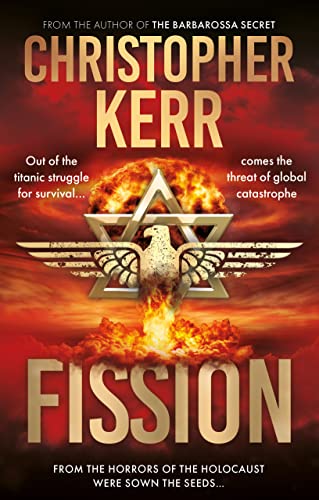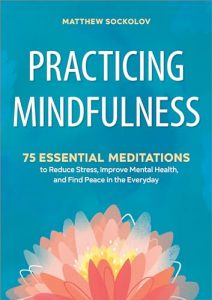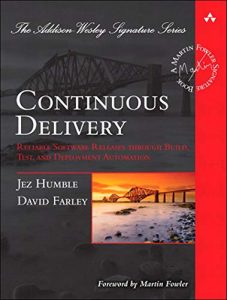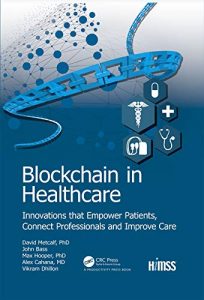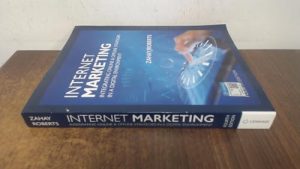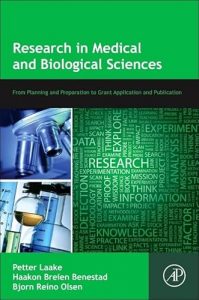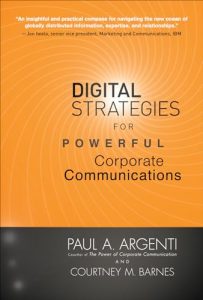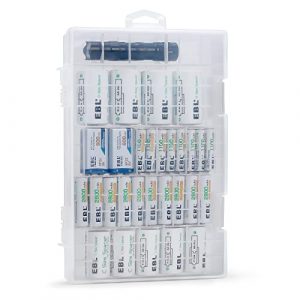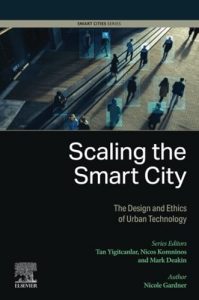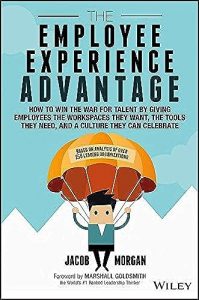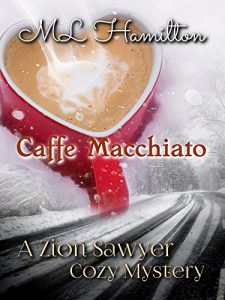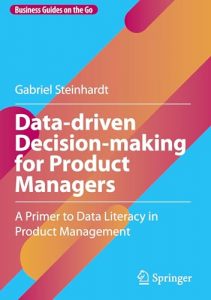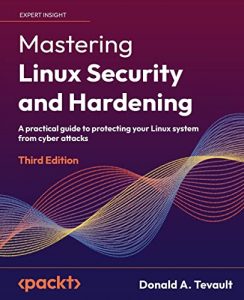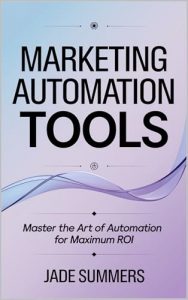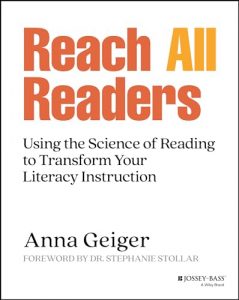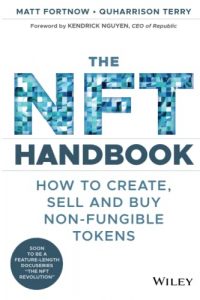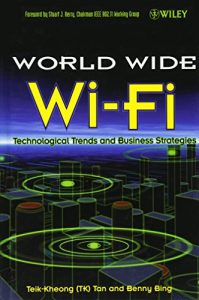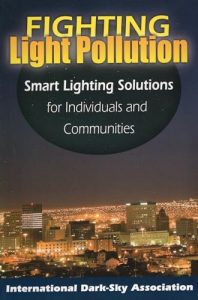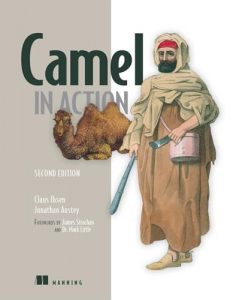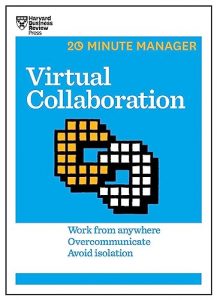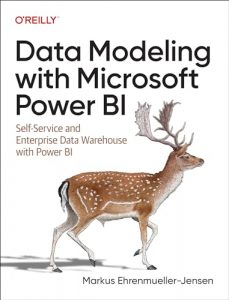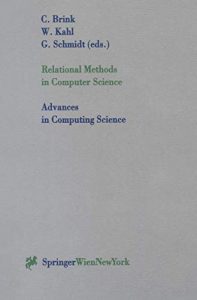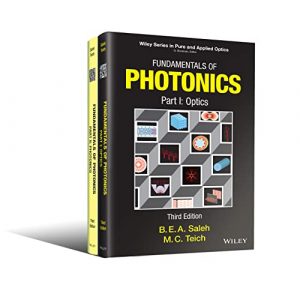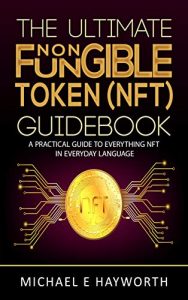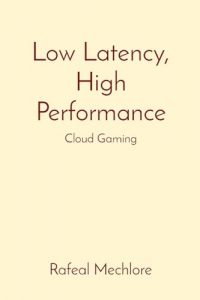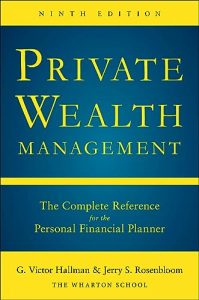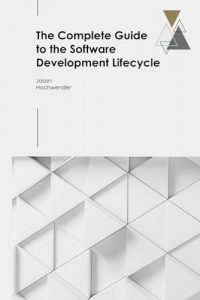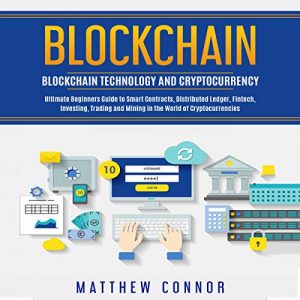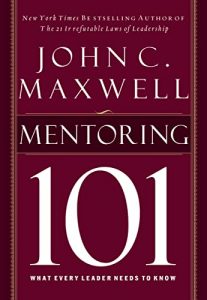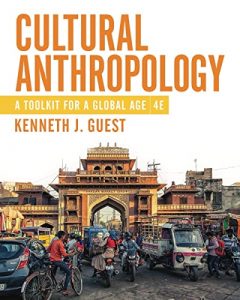1. Fission by Christopher Kerr
If you’re keen on the most recent advancements in the field of nuclear science, “Fission” by Christopher Kerr is an essential read. This book delves into the cutting-edge technology and research surrounding fission, making it perfect for both students and industry professionals. Kerr’s eloquent writing style simplifies complex concepts, making them accessible to a wide audience. The detailed illustrations and references to practical applications offer readers a wealth of knowledge about both the theoretical and practical aspects of fission.
2. An Introduction to Nuclear Fission by Walid Younes and Walter D. Loveland
For those pursuing a deeper understanding of nuclear fission within an academic context, “An Introduction to Nuclear Fission” is a pivotal text. Co-authored by noted physicists Walid Younes and Walter Loveland, the book provides an in-depth look at the principles and theory underpinning nuclear reactions. Ideal for graduate students and professionals, it balances complex theoretical discussions with practical examples that engage readers while enhancing their knowledge on key nuclear phenomena.
3. The Curve of Binding Energy: “The Energy of Fission & Fusion” by Paul F. Kisak
In “The Curve of Binding Energy”, Paul Kisak uncovers the pivotal theories surrounding both fission and fusion. This book is a fantastic blend of historical context and scientific theory, examining how these processes are interlinked in the overarching fabric of nuclear energy. Kisak makes sophisticated ideas digestible, enabling readers without a scientific background to grasp the importance of binding energy in the universe’s architecture.
4. Crucibles: The Story of Chemistry from Ancient Alchemy to Nuclear Fission by Bernard Jaffe
Bernard Jaffe takes readers on a historical journey in “Crucibles”, tracing the transformation of chemistry from ancient practices to contemporary nuclear fission. This narrative not only enlightens readers about the scientific breakthroughs but also tells the human stories behind these advances. Through engaging storytelling, Jaffe presents a thorough understanding of how our perception of matter evolved, making it a compelling read for anyone interested in the history of science.
5. Fundamentals of Nuclear Science and Engineering by J. Kenneth Shultis and Richard E. Faw
“Fundamentals of Nuclear Science and Engineering” serves as an authoritative reference for those looking to understand the core principles of nuclear science and its engineering applications. Authored by experts Shultis and Faw, the book provides an exhaustive overview, walking readers through critical concepts, calculations, and applications. This comprehensive text is vital for nuclear engineering students and professionals who seek to reinforce their understanding of the subject.
6. Nuclear Fission: Theories, Experiments and Applications by Patrick Talou and Ramona Vogt
For those who revel in experimentation and real-world applications, “Nuclear Fission: Theories, Experiments and Applications” by Talou and Vogt is indispensable. The authors present a thorough examination of both the theoretical frameworks and experimental findings in fission research, addressing contemporary issues and future directions in the field. This text serves as an excellent resource for professionals and researchers aiming to stay updated on the latest breakthroughs in nuclear science.
7. Fission: A Jessie McIntyre Novel by Joseph Castagno
Joseph Castagno’s “Fission: A Jessie McIntyre Novel” is a riveting suspense thriller that combines elements of science fiction with a detective narrative. Following the character Jessie McIntyre as she navigates a high-stakes mystery tied to nuclear science, this novel is perfect for those who enjoy a dash of excitement paired with enlightening themes related to fission. It’s an enjoyable read that educates while enthralling, making it suitable for both mystery lovers and enthusiasts of science.
8. Fission by Tom Weston
Tom Weston presents a unique interpretation of fission in his concise work titled “Fission”. This book, though shorter than some of its contemporaries, packs a punch with its direct approach and clarity, making complex ideas straightforward. Weston sheds light on practical implications of fission technology, laying a solid foundation for readers fresh to the topic. If you’re looking for a brief yet enriching read about fission, this book excels.
9. Fission: New Urbanism in the 21st Century by David L.B.
“Fission: New Urbanism in the 21st Century” by David L.B. explores how the concept of fission can be metaphorically applied to urban development. This thought-provoking book challenges conventional approaches to city planning by introducing innovative ideas inspired by scientific principles. It’s a compelling read for urban planners and enthusiasts of sustainable design, blending science with social theory in promoting a better understanding of our built environment’s evolution.
10. Fission Girl: Lise Meitner’s Escape from Nazi Germany and Her Role in the Manhattan Project by Melanie Fine
In “Fission Girl”, Melanie Fine sheds light on Lise Meitner, a pioneering physicist whose contributions to the Manhattan Project were groundbreaking. This inspiring biography narrates her escape from Nazi Germany and her crucial role in fission research. Fine honors Meitner’s legacy and highlights the challenges she faced, making it a powerful story of resilience and intellect. Readers will gain not only historical insight but also an appreciation for female contributions in the scientific world.

